This started as a footnote to the previous post but ‘grew’…
I would also suggest that this ‘stuff’ we call ‘matter’ may have an exteriority which, as the history of science demonstrates, resists our most concerted efforts to finally understand it, to know it in totality. Could it be that we can learn something about ‘knowing’ from this observation? ‘Knowing’ tends toward totalizing. In the Greek sense of telos, knowing aims and is directed in advance by the desire to understand. Under-standing is desire for arche, for origin. It seeks foundation, founded-ness, to arrive and yet, in view of the history of science or metaphysics, never arrives.
Never arriving is an exteriority to the desire for knowing. Never arriving is an essential teleological characteristic of knowing. Thus, the desire and the impossibility of the desire generate anxiety. Anxiety results in totality and historical metaphysics. Historical metaphysics’ telos aims at first philosophy. However, its history shows us much unapologetic failure. Totality is permeated by historical metaphysics just as historical metaphysics is permeated by totality. Thus knowing wants to ‘take account’ of exteriority, of error, and exteriority is violently appropriated by knowing. In both cases totality desires to take precedence, to understand, to rest. However, for desire to be desire it can never terminate; it can never complete itself in its object. Thus, desire is endless by necessity. The ancient Greeks called this struggle peras and apeiron, simplistically translated form and chaos (void).
Peiron in ‘a-peiron’ is the Ionic Greek for boundary or limit. The older form of this, peras, meant ‘beyond’ or ‘further’. Thus, a-peiron in Ionic Greek from Anaximander is the alpha privative, the privation of boundary and limit or without boundary or limit. Even in the much earlier archaic period of the Greeks, in Hesiod, we have Uranus (father sky) and Gaia (mother earth). Sky suspends, stands off, provides perspective. Sky is the son and husband of earth. Therefore, earth is generative. As the first of the gods, Earth is yet to be differentiated, it is undifferentiated.1 Earth is the origin of sky. Thus, Earth is arche. In Hesiod, Earth, what we now call ‘matter’, was the first of the gods. Yet, Hesiod’s Muses tells us that first of all was khaos, chaos. Chaos means the ‘yawning gap’, a void. Thus, chaos differentiates and separates (the heaven and the earth). Earth is permeated through and through with chaos, undifferentiated but fertile and generative.
The Ionic Greeks further refined this notion to what post modernism might call the “play of difference” (differance [sic] in Derrida). The play of differentiation and a-differentiation, without difference, is not a confusion of differences or a tautological identity of sameness but an exterior to difference. According to Heidegger Phusis, through Latin, got translated as natura (or the modern word nature) and lost the original meaning of the word which is to grow, to emerge, to unfold. Phusis is generative. Heidegger calls this emerging-abiding sway. He maintains that phusis was the original Greek idea of being. Thus, differentiation, the earliest beginnings of science, of phusis (later physis, later physics) gives context to the already understood (pre-cognitive) notion of ‘is’. Yet, even earlier, we have chaos which is the necessary condition, “first of all”, and by absolute exteriority conditions and generates growth, differentiation and physics by chaos, a yawning gap. What was lost from the archaic period of Hesiod was the gap, the anarchy, which cannot be captured, totalized, brought into the light of knowledge or, as Plato may have written, “the good beyond being”.
In meta-physics we do not have the beyond as later Latin thinkers would have us believe. Aristotle does not use that title since it came much latter. His work currently titled and typically understood by the Latin word Metaphysics is really “τὰ μετὰ τὰ φυσικά” and may have been added by an editor. Aristotle claims the work was about “first philosophy”.2 Heidegger thought it was Aristotle’s exploration into Being, ontology. It was not beyond or contrary to phusis but an inquiry into the ‘first’ of phusis. Perhaps we could think it as the great question of Hesiod, “what came first”. As such, the depth and richness of this question begins science; it begins physics, not transcends it. Earth generates sky but undifferentiating does not generate differentiation, it separates it. This separation or gap excludes a middle, an ever mediated in-between. This suggests that what always and ever grows seeks it telos, its completion, in bridging the gap, completing the difference, the error, in a unified totality. However, it can only ever, like Sisyphus push the rock uphill to have it roll down again. The Desire cannot be complete as it would no longer be Desire but the loss of Desire as sameness, totality and Error.
When the place of absolute exteriority is lost in totality and interruption of the other is taken as the same, as the already understood of ‘is’ (materialism, dualism, pluralism, stuff, thing, substance, atom, etc.), the otherness of the other, radical exteriority, can only be effaced. The effacement of the other in its most radical form is genocide. Ethics leaves the gap, the first as other and has always been at work in metaphysics, in the notion of God and gods. The problem is that so has the work of totality. Metaphysics errs by assuming the other as substance just as science can err. However, the virtue found in science is the deference to error, the possibility of falsifiability. To be sure, science can also be defiant and dogmatic as well but its health comes from its recognition of error. Metaphysics as religion has a tendency to forget its propensity for error. Its error then seems to be the error of dogmatism and denial, of another substance called God. The play of alterity in the history of science and metaphysics is what validates or what fails to validate particular differentiations.
The endless play of difference as Desire can never end in totality, the Truth. It can only bridge the yawning gap in violence, in totality and thus fail to achieve ethics. Desire as Eros can never find completion but it can find work. The work of physics-first philosophy as differentiation and the telos of differentiation as completion, fulfillment and wholeness desire finality. Ethics resists finality as totality. Only death as the possibility of the impossible can finalize Desire. Death as the radical alterity of the other overtakes us from without, from an exterior which can never be conquered. We can never have power over death. We can only be absolutely passive beyond all passivity in the face of death. Death is the answer to phusis not totality. Our telos is not in power or truth but in absolute exteriority. As such exteriority is the ethic of Desire. Since finality can never achieve totality, ‘archy’ (arche; origin) can never achieve an-archy. Arche can never find light, meaning, logic or value in anarchy. Anarchy can never ‘make sense’ to arche but it can always interrupt arche and provide the gap which keeps arche from totality, science from absolute knowledge, religion from false god-hood (idolatry). Anarchy is the openness of phusis which comes from without. It makes science and religion possible.
Ethics as Desire is the embodied of work. The work of days achieves value and meaning in ethics. Ethics in this sense stands back from purity or the proper, the achievement of totality. It recognizes limit and boundary. It grows from error and does not die in dogmatism. Totality is the premature termination of Desire, the facade, the semblance. In the play of Desire, what the Greeks termed Eros, we encounter the gap, the absolutely excluded in-between, which is neither mortal or divine. The work of Ethics gives value, meaning and place to the stranger, the wanderer, the homeless, the errant with dignity which can only be reserved for the gods.
_________________
1 See Reading Hesiod’s Theogony (with Notes and Questions)
“But I want to ask again, do we need to make this assumption of such a “pre-existing undifferentiated field”? I do think it is called for by Hesiod’s words.” Page 13, Heidegger and the Greeks: Interpretive Essays, Drew A. Hyland, John Panteleimon Manoussakis – 2006, See this
2 τὰ μετὰ [in the midst of, among, after] τὰ φυσικά [physics] If the editor, Andronicus of Rhodes [50 BC], placed this title on Aristotle’s work, it may simply have meant that he physically placed the material after Aristotle’s books, the Physics. See this and this.
In Metaphysics A.1, “Aristotle says that “all men suppose what is called wisdom (sophia) to deal with the first causes (aitia) and the principles (archai) of things”” (981b28), and it is these causes and principles that he proposes to study in this work. Aristotle’s Metaphysics, First published Sun Oct 8, 2000; substantive revision Mon Jun 11, 2012
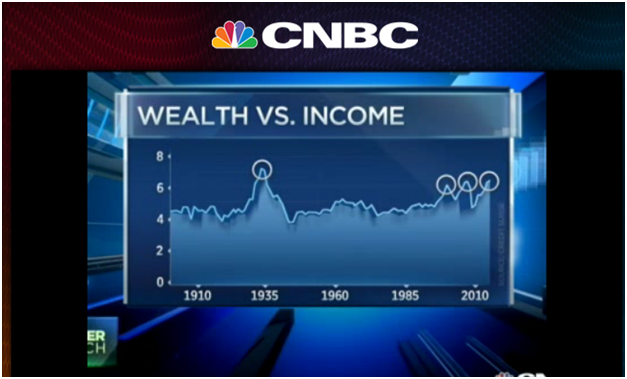
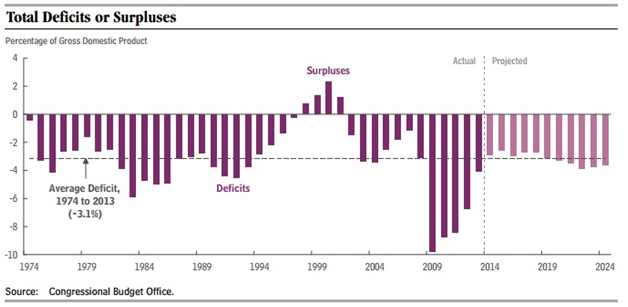 6
6
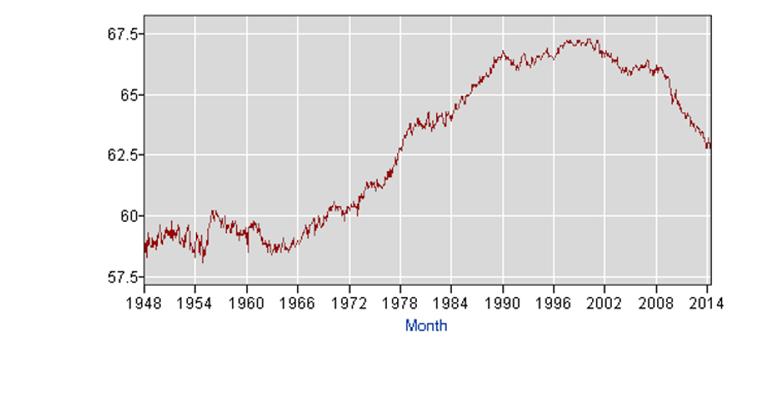
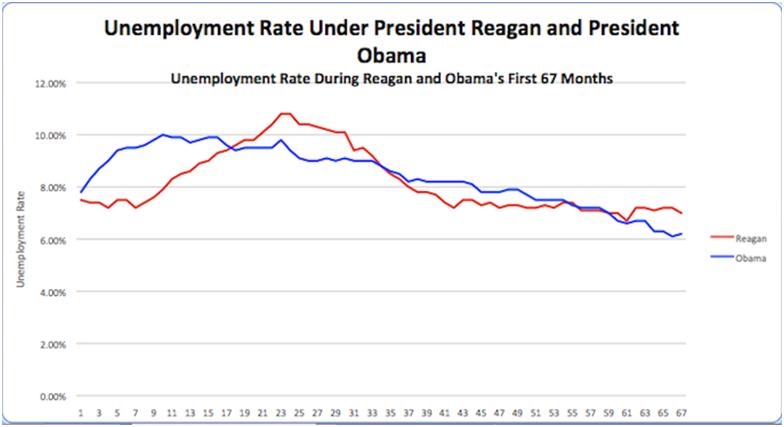
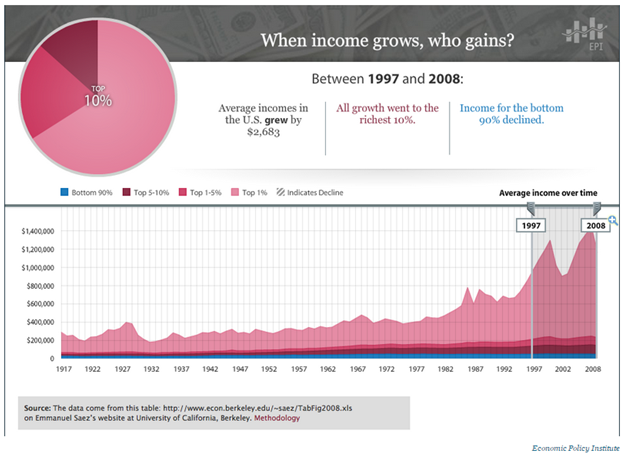 10
10